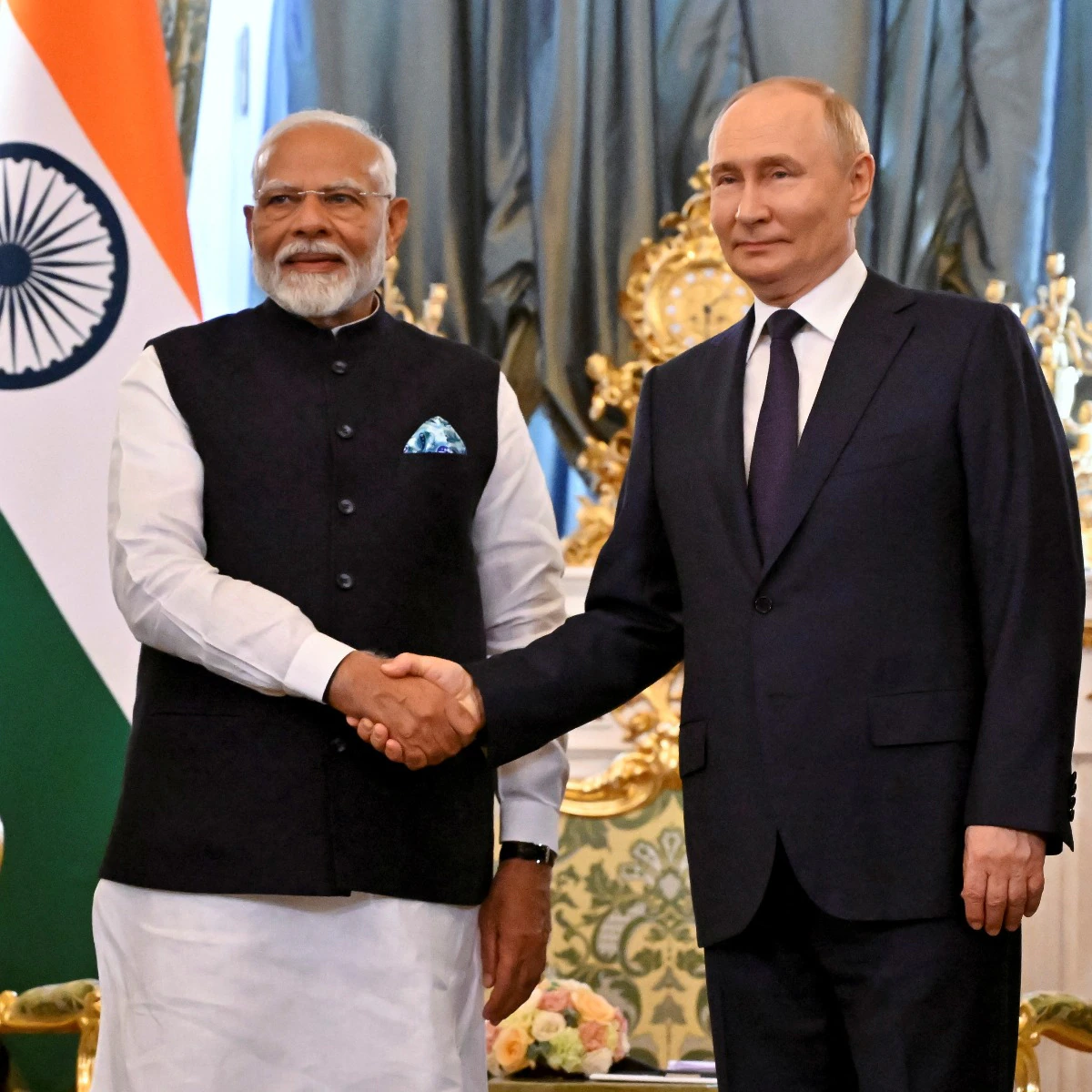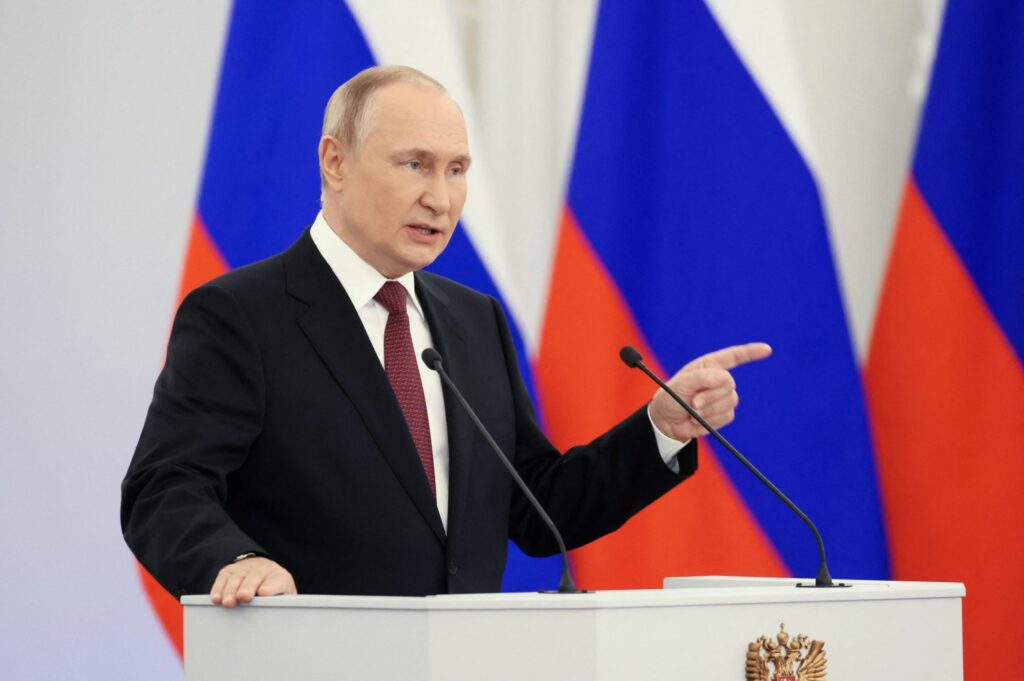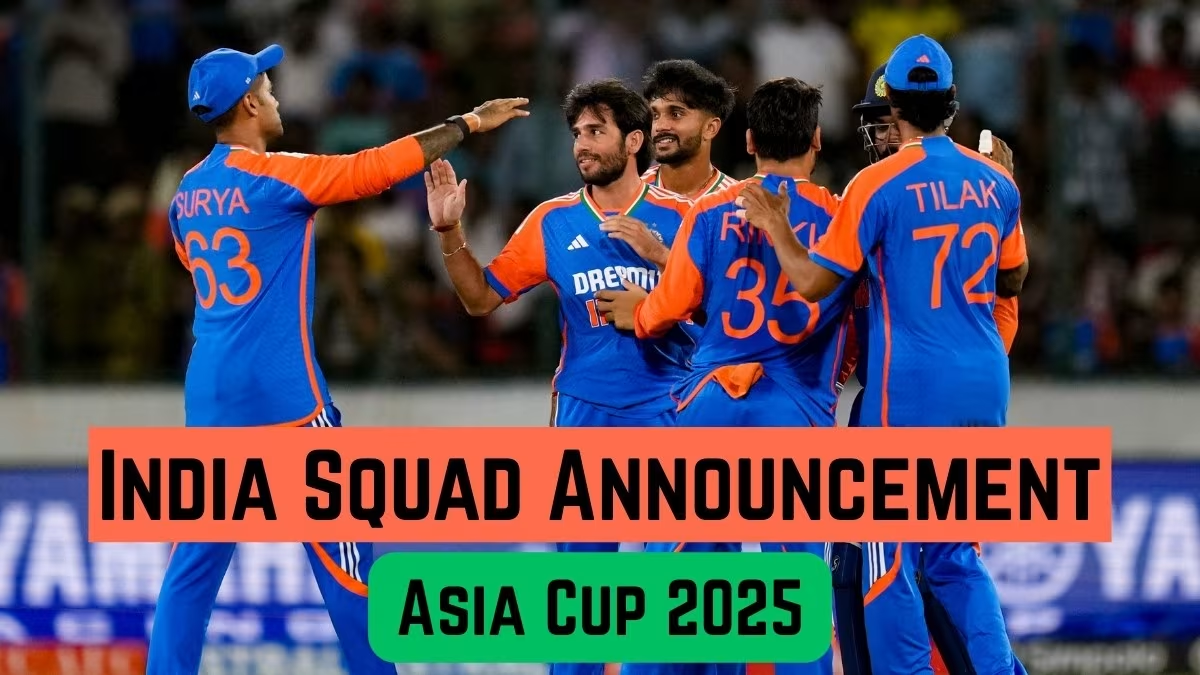
Introduction to Russia-India Economic Cooperation
Russian President Vladimir Putin has emphasized the importance of advancing long-term economic cooperation with India and other strategic partners, signaling a robust commitment to strengthening bilateral ties. Speaking at the St. Petersburg International Economic Forum (SPIEF) 2025, Putin highlighted that Moscow’s action plan for economic cooperation with India until 2030 is nearing finalization. This development underscores Russia’s intent to deepen trade, investment, and technological partnerships, particularly with India, a key ally in the global South. The focus keyword for this article, economic cooperation, reflects the strategic alignment between Russia and India to foster mutual growth and resilience in a multipolar world.
Table of Contents
Strategic Framework for Economic Cooperation
Long-Term Action Plan Until 2030
At SPIEF 2025, Putin announced that Russia is preparing comprehensive economic cooperation plans with key partners, including India, to be finalized soon. These plans aim to enhance trade, reduce barriers, and promote investment in critical sectors. The 2030 action plan with India is a cornerstone of this strategy, building on the “Special and Privileged Strategic Partnership” established in 2010. This partnership has evolved into a multifaceted relationship encompassing trade, defense, energy, and technology. The emphasis on economic cooperation reflects a shared vision to achieve a bilateral trade target of $100 billion by 2030.
Key Sectors for Collaboration
The economic cooperation between Russia and India focuses on several priority areas:
- Energy Sector: Russia aims to boost oil and gas exports, with India as a major market. Bilateral agreements include long-term energy contracts and cooperation in nuclear energy and petrochemicals.
- Infrastructure and Logistics: Initiatives like the Chennai-Vladivostok maritime corridor and the International North-South Transport Corridor are set to enhance connectivity and trade efficiency.
- Technology and AI: India’s advancements in artificial intelligence (AI) were highlighted by Union Minister Ashwini Vaishnaw at SPIEF, emphasizing ethical and inclusive technological growth.
- Defense and Manufacturing: Joint ventures, such as the BrahMos missile project, exemplify the deep trust and collaboration in defense technology.
- Pharmaceuticals and Healthcare: Indian pharmaceutical companies are engaging with Russia to support the Pharma 2020 program, fostering joint investments in drug production.
These sectors are pivotal to the economic cooperation agenda, aiming to create a balanced and mutually beneficial partnership.

India’s Role in Russia’s Economic Strategy
Strengthening Bilateral Trade
The bilateral trade volume between India and Russia witnessed a remarkable surge, climbing to $65.7 billion in the fiscal year 2023-24, compared to $10.1 billion before the pandemic. This growth is driven by Russia’s increased oil exports to India, which now account for over 40% of India’s oil imports. The economic cooperation framework aims to diversify trade beyond energy, with India exporting pharmaceuticals, machinery, and textiles to Russia. Both nations are working to eliminate non-tariff barriers and explore a Free Trade Agreement with the Eurasian Economic Union (EAEU).
Investment and Joint Ventures
Investment ties are a critical component of economic cooperation. Indian investments in Russia, estimated at $16 billion, focus on oil, gas, and pharmaceuticals, while Russian investments in India, around $20 billion, target energy, infrastructure, and steel. The India-Russia Intergovernmental Commission (IRIGC) facilitates these investments, with recent agreements on six new strategic projects to enhance collaboration.
Strategic Autonomy and Multipolarity
India’s commitment to strategic autonomy aligns with Russia’s vision of a multipolar world, a theme echoed at SPIEF 2025: “Shared Values: The Foundation of Growth in a Multipolar World.” This ideological alignment strengthens economic cooperation, allowing both nations to navigate global geopolitical shifts while maintaining robust ties.
India-Russia Business Forum: A Platform for Cooperation
Key Discussions at SPIEF 2025
The India-Russia Business Forum at SPIEF 2025, attended by India’s Union Minister Ashwini Vaishnaw, highlighted the deepening economic cooperation between the two nations. Vaishnaw’s keynote addresses emphasized:
- India’s advancements in AI and its vision for ethical technology development.
- Opportunities for collaboration in logistics, transportation, railway modernization, and IT.
- Commitment to fostering strategic partnerships aligned with India’s Atmanirbhar Bharat (Self-Reliant India) initiative.
These discussions underscored the potential for economic cooperation to drive innovation and infrastructure development.
High-Level Engagements
Vaishnaw’s meetings with Russian federal ministers, industrialists, and technology leaders focused on actionable steps to enhance economic cooperation. These engagements included discussions on railway modernization, AI, and logistics, reinforcing the strategic partnership. The Embassy of India in Moscow noted that these efforts align with India’s vision for global digital transformation and self-reliance.
Challenges and Opportunities
Navigating Geopolitical Dynamics
While economic cooperation between Russia and India is robust, challenges remain. Western sanctions on Russia due to the Ukraine conflict have prompted India to balance its ties with Moscow and Western partners. India’s strategic autonomy allows it to maintain strong relations with both, but concerns about Russia’s growing ties with China pose potential risks to defense cooperation.
Opportunities for Growth
Despite these challenges, opportunities for economic cooperation are vast. The use of national currencies in trade, such as RuPay and MiR card systems, mitigates the impact of Russia’s exclusion from SWIFT. Additionally, initiatives like the Northern Sea Route and increased anthracite coal exports to India enhance energy security and trade stability.
Future Prospects for Economic Cooperation
Achieving the $100 Billion Trade Goal
The ambitious target of $100 billion in bilateral trade by 2030 reflects the commitment to deepen economic cooperation. Key strategies include:
- Expanding trade in food, fertilizers, and agricultural products.
- Promoting digital economy initiatives and educational exchanges.
- Strengthening cooperation in nuclear energy and space exploration.
These efforts aim to ensure sustainable growth and resilience in the face of global economic challenges.
Long-Term Strategic Vision
The economic cooperation between Russia and India is rooted in a shared history and mutual respect. With regular high-level engagements, including 22 annual summits and recent visits by Prime Minister Narendra Modi to Russia in 2024, the partnership is poised for further growth. The conferment of Russia’s highest civilian honor, the Order of Saint Andrew the Apostle, on Modi in 2024 underscores the deep trust underpinning this relationship.
Economic cooperation between Russia and India
Russia’s advancement of long-term economic cooperation with India and other key partners marks a significant step toward a multipolar economic order. The 2030 action plan, coupled with strategic initiatives in energy, technology, and infrastructure, positions India and Russia as pivotal players in global trade and innovation. By leveraging their historical ties and aligning on shared values, both nations are set to achieve unprecedented levels of economic cooperation, fostering mutual prosperity and resilience.








